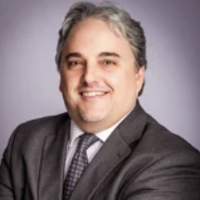Solgohachia Wills & Probate Lawyer, Arkansas
Includes: Estate Administration, Living Wills, Wills
Ron L. Goodman
✓ VERIFIEDEstate, Real Estate, Wills & Probate
Ron Goodman is a practicing lawyer in the state of Arkansas. Attorney Goodman received his J.D. from the University of Arkansas in 1982.
Charles James Buchan
✓ VERIFIEDEstate, Adoption, Wills & Probate
Charles J. Buchan is a practicing lawyer in the state of Arkansas handling Estate and Adoption matters.
Mark Jefferson Mobley
Wills & Probate, Family Law, Criminal, Personal Injury
Status: In Good Standing
J. Lee Brown
Corporate Tax, Estate Administration, Gift Taxation, Estate Planning
Status: In Good Standing
H. T. Larzelere
Wills & Probate, Estate Planning, Corporate, Business Organization, Transactions
Status: In Good Standing
Sarah Cotton
Business Organization, Corporate Tax, Gift Taxation, Estate Administration
Status: In Good Standing
Charles L. (Larry) Carpenter
Family Law, Wills & Probate, Divorce, Employment
Status: In Good Standing Licensed: 52 Years
Marvin L Childers
Commercial Real Estate, Estate Administration, Gift Taxation, Estate Planning
Status: In Good Standing Licensed: 38 Years



